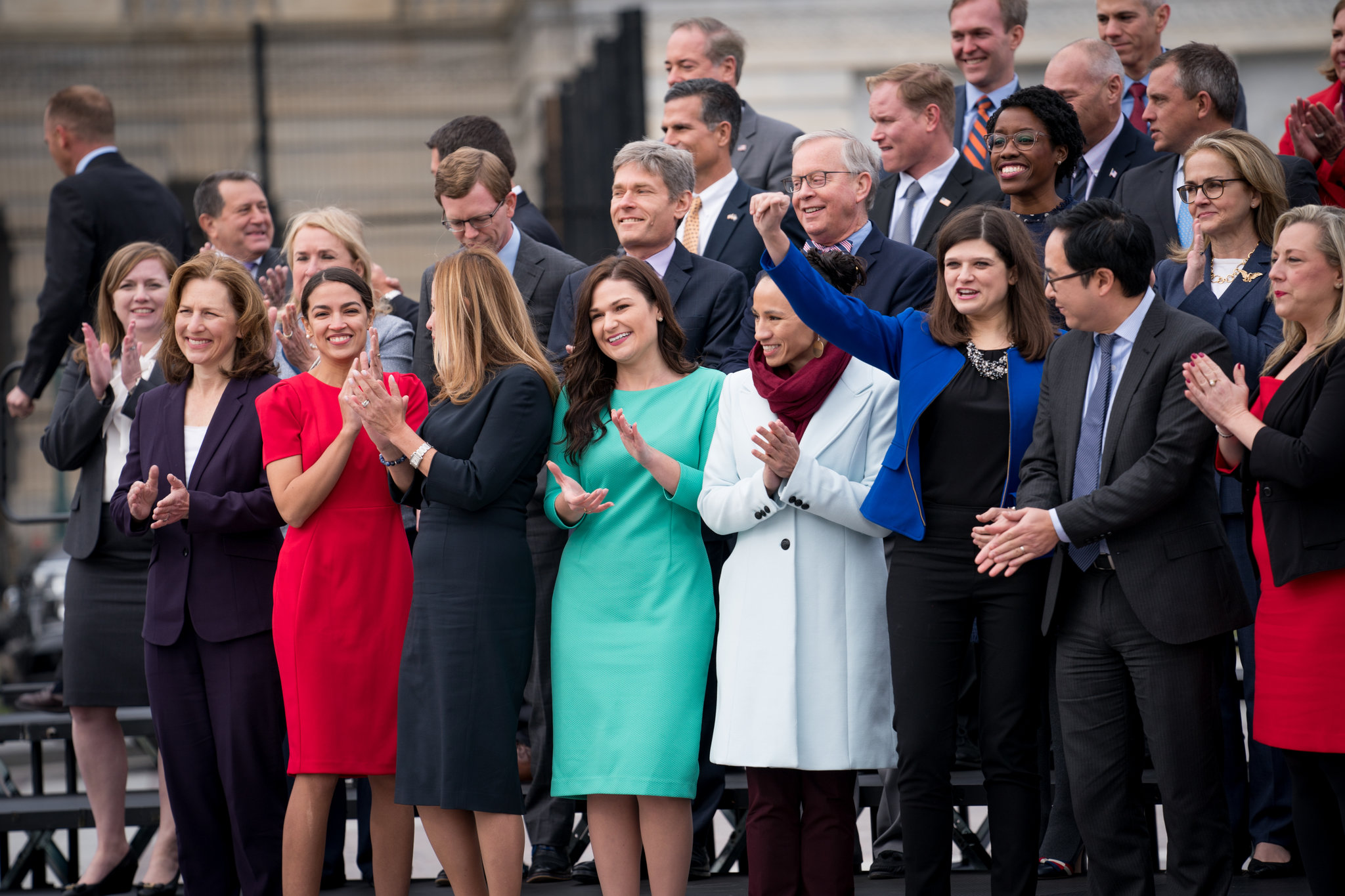Whenever we talk about women, what immediately comes to our mind is their empowerment. The stance of society towards women in ancient times is very clear to everyone in recent days, be it in any culture i.e, even in the British period. Secluding women from the happenings of the outside world was a matter of great concern for men until women decided to raise their voice for their rights.
Whether we talk about India or any other alien territory, women fought for their rights for a long time, went through the rages and torments, and after years of struggle, here we are today, watching them serving their Homeland. Earlier women were treated as housekeepers who were only restricted to household works, dependent upon her spouse and his property. She was denied holding any property of her own, denied running any office or job, and denied even primary education. It was the scenario of women throughout the world where they were living a life of complete denial.
When women decided to stand up for their rights, they knew which door would take them to the path they want; they asked for their Right to vote and kept their foot in political grounds. After serving in World War 1, they stepped into politics where their voice for their Right to vote was going to serve them their actual freedom. In the 1800s, women in the US were denied to vote, all they were to do was to stay away from politics completely as the idea of letting women into politics was too extreme.
Several organizations emerged who worked for movements in favor of women having political rights. The first of the rights was the Right to vote. Several attempts were made, which were eventually turned down. Still, regular attempts and endeavors the motive of the movement were achieved. It means, women were provided the Right to vote. When we talk about women’s Right to vote in India, even here the situation is at par with those of the women of the US. Now the question that arises here is “how”??
- Advertisement -
Well, women in both the territories were denied political rights per se, but when they were finally given such, it came with several terms and conditions and qualifications. It basically divided women into two sections i.e, upper-class women with property holders and women with no property. It was the time of the 1900s when world war 1 ended. By the 1920s, women were given constitutional Rights where they are eligible to vote, but the eligibility criteria were not the same for all.
That is, women of the upper class were given the Right, but working women who are dependent upon their spouses were denied. In the US, when they were educated and whites were granted the Right to vote, blacks were denied. In both the territories, universal voting right was not granted. After several strikes, movements, and attempts, voting right became universal both for women and men. After Independence in India in 1950, every woman and man became eligible to vote, provided the age was counted as a consideration. Age became the criteria to vote, which was universally accepted and was considered constitutionally apt.
Woman, walking freely in public spaces, becoming independent in all walks of life, actively taking part in different areas, achieving all she thought was beyond her reach, has come a long way when it comes to self-exploration. Whether it’s Annie Mascarene or Jeannette Pickering Rankin, these women marked the rise of women which we can see in today’s world where a woman is reaching the heights of success and pride.
Even though it took 100 years of continuous struggle, going through all the tortures and torments and fights, more power was added to their life day by day and power came into light when they finally had it. Suffrage was the biggest achievement in women’s life as it is the biggest part of democracy. Being a citizen of a country, one should vote as the duty of a citizen, and women being a citizen of their country, they were supposed to have a Right to vote, and here they are probably more in number than men when it comes to political events.


